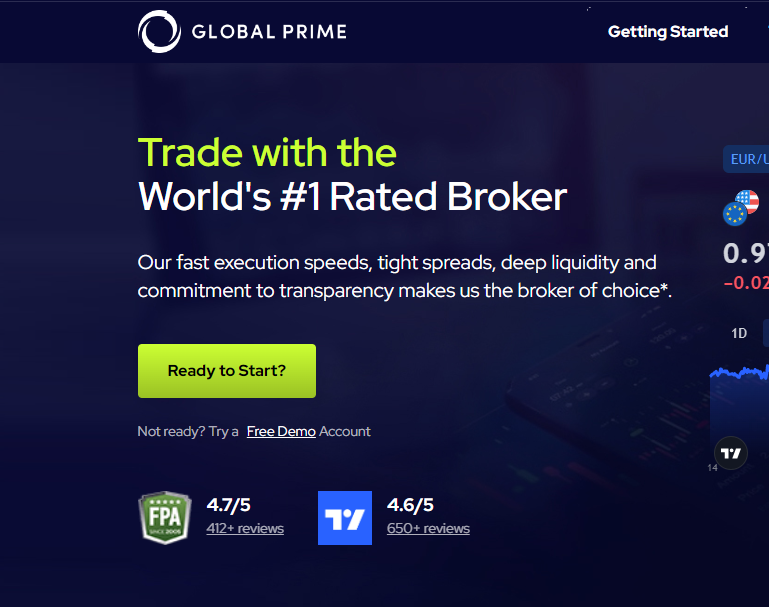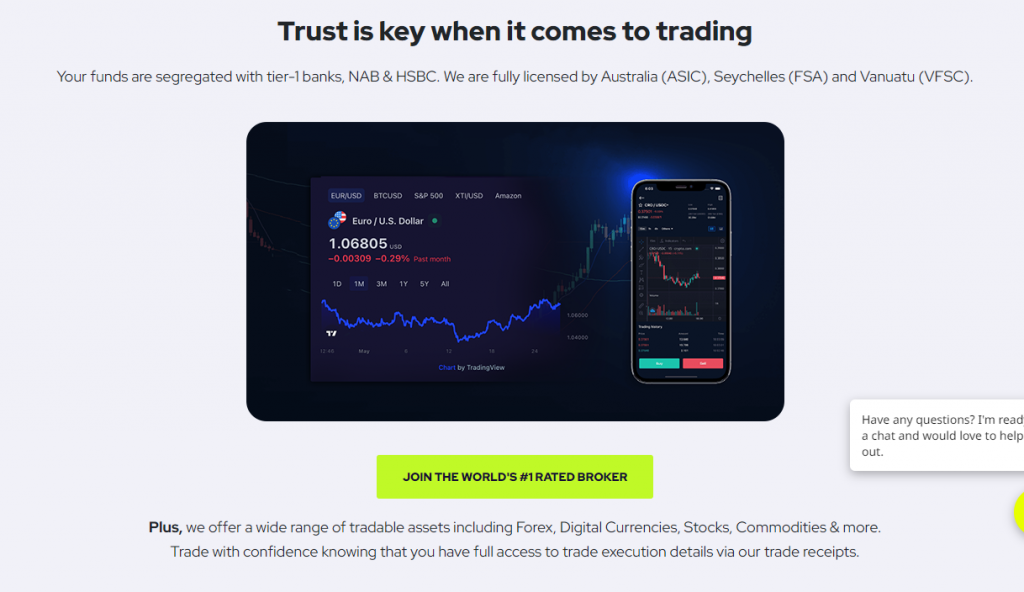Copy Trading vs Trading Signals: Pros, Cons, Which One Should You Use?
Trading in the financial markets can be a highly profitable endeavour, but it can also be challenging, time-consuming, and risky. That’s why many traders are turning to copy trading and trading signals as a way to take advantage of the opportunities presented by the markets.
Copy trading allows you to follow the trades of more experienced traders and re-produce their trading outcome/success, while trading signals provide you with expert recommendations on when to enter and exit trades.
In this blog post, we’ll highlight:
- What copy trading is,
- What trading signal/alert is,
- Pros and cons of copy trading,
- Pros and cons of trading signals, and
- Which is better between the two.
Copy Trading
Copy trading is a way of investing in the financial market where you copy the trades of experienced traders automatically. You don’t have to know much about trading yourself, you just need to choose a trader you want to copy, and their trades will be automatically copied into your account.
This means that you can potentially make money from trading without having to learn how to trade yourself. However, you may have to pay fees to the platform or the trader you’re copying. Also, note that there are risks involved.
Trading Signals
Trading signals are notifications or alerts that provide information about potential trading opportunities in the financial markets. These signals can be generated by human traders or by automated trading systems, and they can be based on various technical or fundamental analysis methods.
When a trading signal is generated, it typically includes details such as the asset to trade, the direction (buy or sell), and the entry and exit points for the trade. This information can be used by traders to make informed decisions about whether to enter a trade or not.
However, trading signals are not always accurate, and traders should still verify and perform their own research before making any trading decisions.
Copy Trading vs Trading Signals
They are both methods of trading in the financial markets that involve following the trades of other traders.
Copy trading allows you to automatically copy the trades of an experienced trader into your own account. This means that you don’t have to make trading decisions yourself, but instead rely on the expertise of the trader you’re copying.
Trading signals, on the other hand, provide you with info about potential trading opportunities in the form of alerts or notifications. You can use this information to make your own trading decisions, based on your trading strategy and risk tolerance.
Recommended: How To Get Funded As a Trader
Pros of Copy Trading
1. Access to Expert Trading Strategies
By copying the trades of successful traders, you can potentially benefit from their knowledge, experience, and expertise. This can be especially beneficial if you’re new to trading and don’t have much experience yourself.
2. Potential for More Income
Copy trading can be a relatively passive way to earn money from trading. Once you’ve selected a trader to copy, their trades are automatically replicated in your account, so you don’t have to spend a lot of time actively managing your trades.
3. Minimal Effort Required
Copy trading is relatively easy and straightforward to set up. Once you’ve selected a trader to copy and set up your account, the trading platform takes care of the rest. This can be a good option if you don’t have a lot of time to devote to trading.
Cons of Copy Trading
1. Limited Control over Trades
When you copy the trades of another trader, you have limited control over the trades that are executed in your account. This means that you may not be able to exit a trade at the exact time you want or make other adjustments to the trade based on your own analysis.
2. Potential for Losses
Copy trading does not guarantee profits, and you can still lose money if the trader you’re copying makes poor trading decisions. Additionally, if you don’t fully understand the risks involved in a trade, you may be more likely to make poor decisions that result in losses.
3. Fees and Commissions
Copy trading platforms often charge fees or commissions for their services, which can eat into your profits. Additionally, the trader you’re copying may also charge a fee for their expertise, which can further reduce your profits.
Pros of Trading Signals
1. Access to Information
Trading signals provide you with valuable information about potential trading opportunities. This can help you make more informed trading decisions, based on analysis and research that you may not have the time or expertise to perform yourself.
2. Customizable to Your Trading Strategy
Trading alerts can be customized to your specific trading strategy and risk tolerance. This means that you can choose signals that align with your preferred trading style, rather than having to follow the trades of another trader.
3. More Control
Unlike copy trading, trading signals offer more control over your trades than with copy trading. You can decide when to enter or exit a trade, and you can adjust your position size based on your risk tolerance.
Cons of Trading Signals
1. No Guarantee of Success
Trading signals do not guarantee success, and there is always a risk of losses when trading. Additionally, even if the signals are accurate and well-researched, market conditions can change rapidly and unexpectedly, which can lead to losses.
2. Trading Signals Don’t Protect You From Your Own Mistakes
It’s a good thing to have 100% control over your investments. But if you don’t have the time, experience or knowledge and you decide to use trading alerts, you might make a mistake somewhere along the trade.
Copy trading, on the other hand, follows the exact procedures and strategy of the original trader.
3. Lack of Personalization
Trading signals are often not personalized to individual traders’ needs, goals, and risk tolerance. This means that you may need to do additional research and analysis to determine if a signal is appropriate for your specific trading strategy and risk tolerance.
Copy Trading vs Trading Signals: Which One Should You Use?
Copy Trading is Better If:
- You are a new trader with limited experience and want to learn from more experienced traders.
- You have limited time or resources to dedicate to trading and want to access trading opportunities without performing extensive research and analysis yourself.
- You want to diversify your trading portfolio and gain exposure to different trading styles, strategies, and markets.
- You want a hands-off approach to trading and do not want to be actively involved in making trading decisions.
Trading Signals/Alerts is Better If:
- You are a more experienced trader with specific goals, risk tolerance, and trading preferences.
- You want to have more control over your trading decisions and want to be able to trade on your own schedule and according to your own preferences.
- You want to personalize your trading strategy to meet your specific needs.
- You want to receive trading recommendations but ultimately make your own decisions about which trades to enter.
Recommended for Next Read







